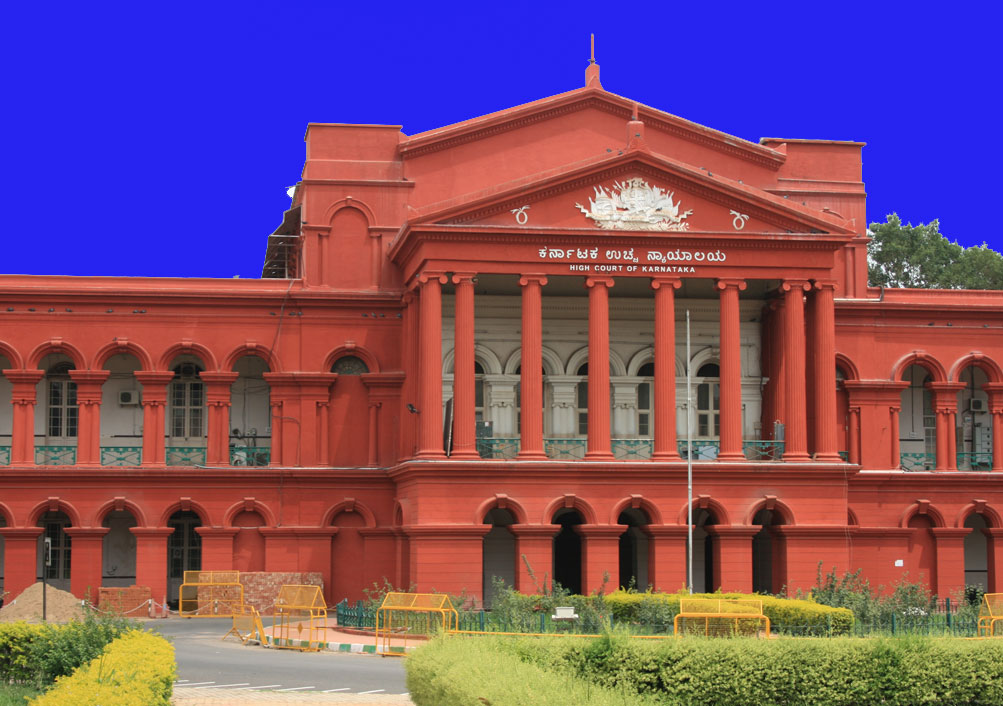Trial Court should not insist upon accused to give answer in one word, ‘false’ or ‘true’, while recording statement u/s 313 of CrPC: Karnataka HC

Read Judgment: Smt. Meenakshi W/o Late Umesh & Ors. vs. State of Karnataka
Pankaj Bajpai
Bengaluru, October 20, 2021: The Karnataka High Court has recently stated that the Trial Court, may, depending upon facts and circumstances, instead of recording the statement in question and answer form, permit the accused to file his written statement.
The Bench of Justice Sreenivas Harish Kumar therefore set aside the statements of the accused recorded u/s 313 of the CrPC and directed the Trial Court to re-examine the accused.
The observation came pursuant to a petition filed by the accused (Meenakshi) facing trial for the offences punishable u/s 302 & 201 r/w/s 34 of the IPC, who had invoked jurisdiction of this court u/s 482 of the CrPC for quashing the statements recorded u/s 313 of the CrPC by the Sessions Judge.
The counsel for the petitioner submitted that although the accused offered explanation for some of the questions, the Sessions Judge refused to record them and insisted on giving the answer in a single word – either ‘false’ or ‘true’.
After considering the submissions, the High Court stated that Section 313 of the CrPC embodies the fundamental principle of ‘Audi Alteram Partem’ and since this is the stage where the accused gets an opportunity to explain an inculpatory evidence against him, the questions must be framed in such a manner as he or she understands them.
The questions must be simple and specific to the evidence against the accused and a long string of questions couched in complex sentences must be avoided, added the Court.
The High Court also made it clear that while questioning the accused, not only the incriminatory oral evidence but also the documents and the material objects indicating adverse evidence should be brought to the notice of the accused.
Hence, Justice Harish Kumar passed various guidelines as under-mentioned:
1. Only the incriminatory evidence must be picked out from oral and documentary evidence and the questions must be framed in a simple language;
2. The attention of each accused must be drawn to the evidence adverse and the marked documents and material objects if they are incriminatory;
3. The accused need not be questioned in regard to evidence given by the formal witnesses, and it is enough to prepare a single questionnaire, but the question must be directed towards a particular accused individually or two or more accused collectively;
4. By virtue of amendment brought to CrPC, the Trial court judges may take the assistance of the Public Prosecutors and the defence counsel for framing the questions; and
5. The court should record the answer or explanation given by the accused and should not insist upon the accused to give answer in one word, ‘false’ or ‘true’.
Sign up for our weekly newsletter to stay up to date on our product, events featured blog, special offer and all of the exciting things that take place here at Legitquest.




Add a Comment